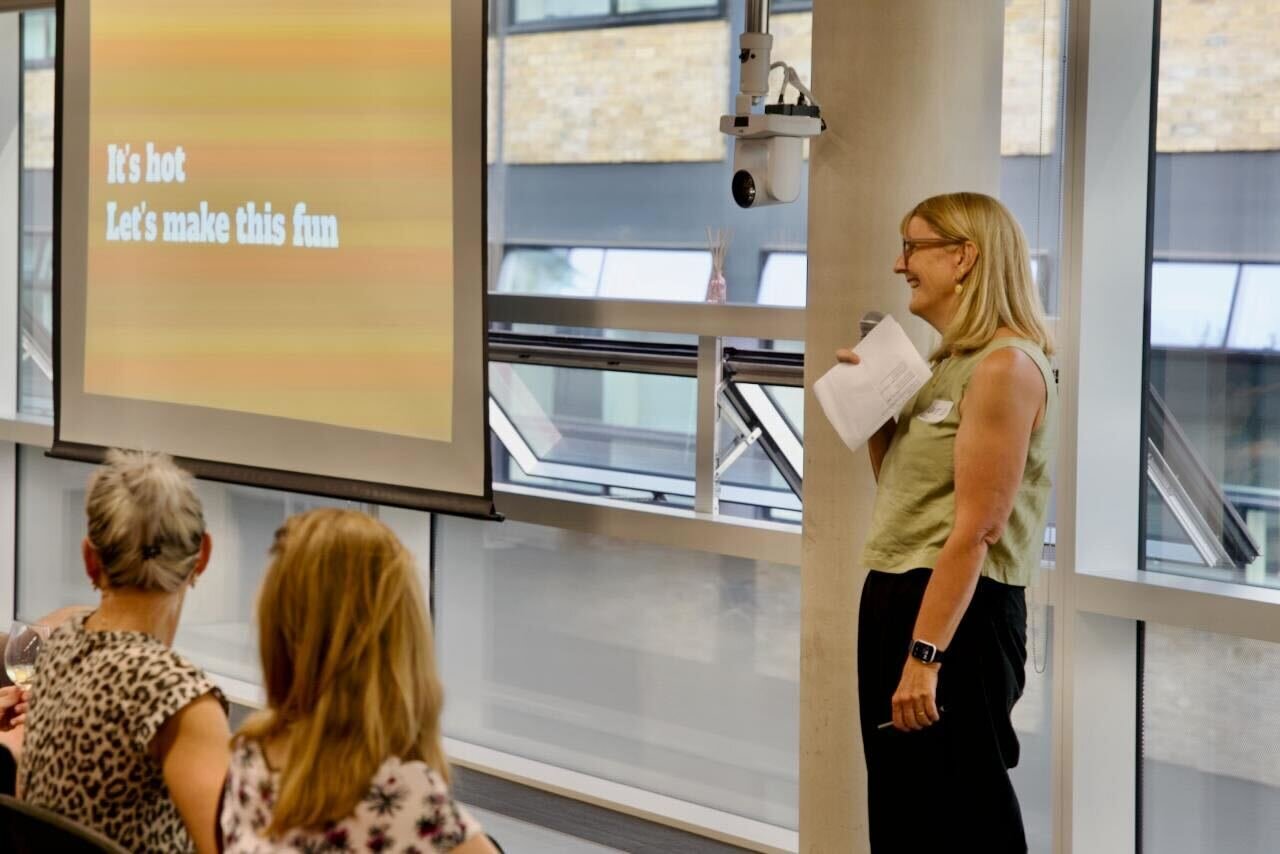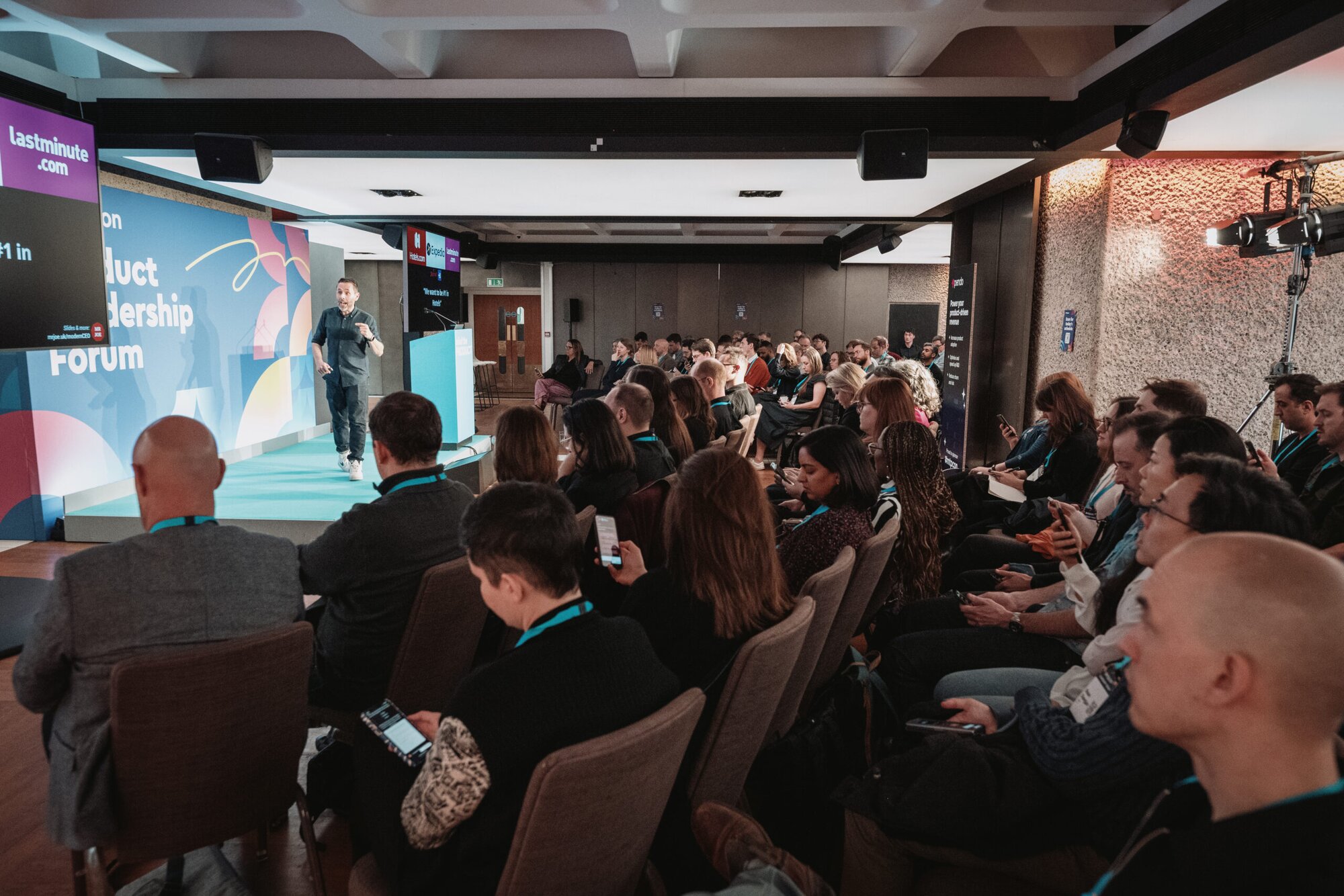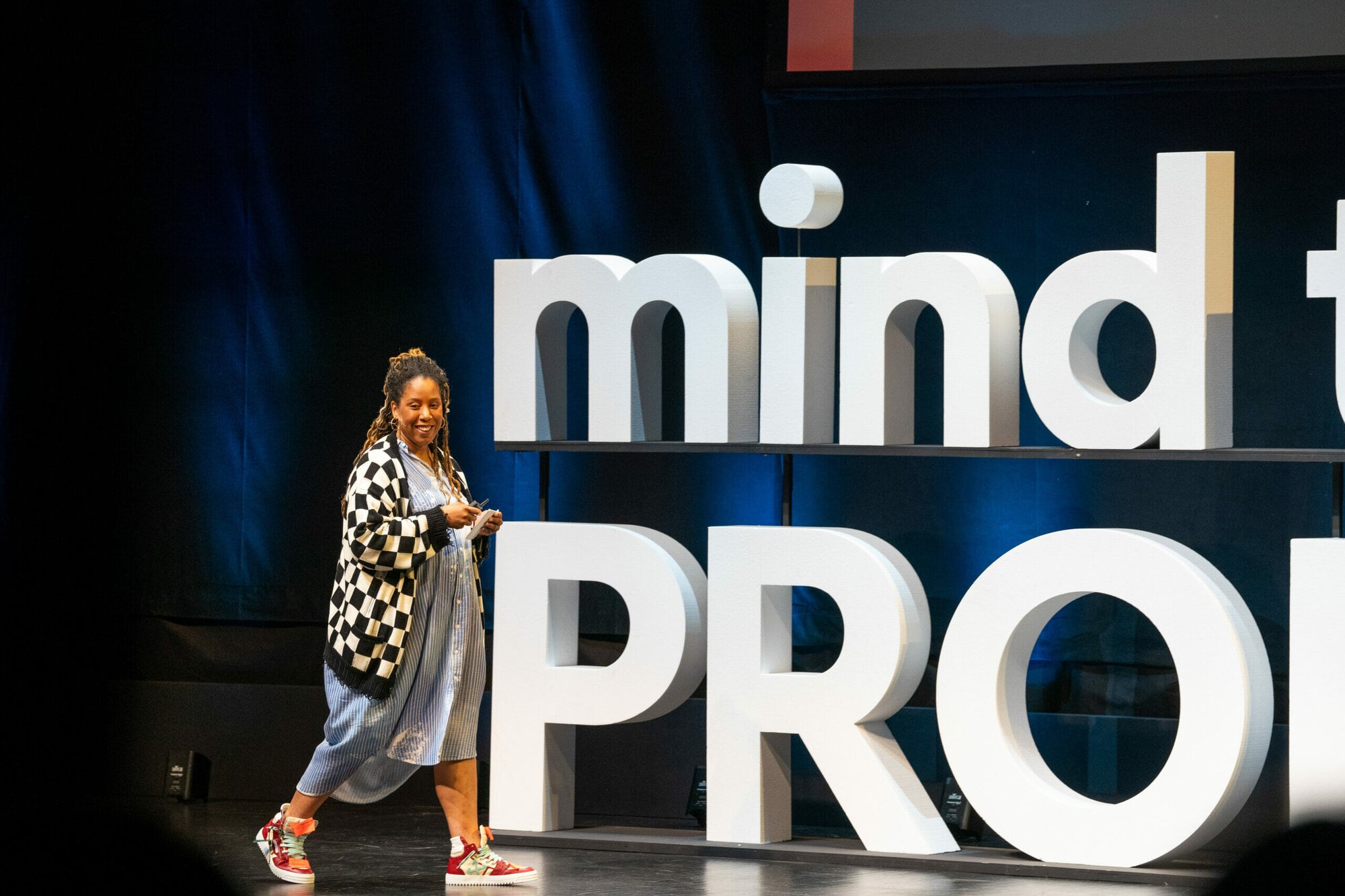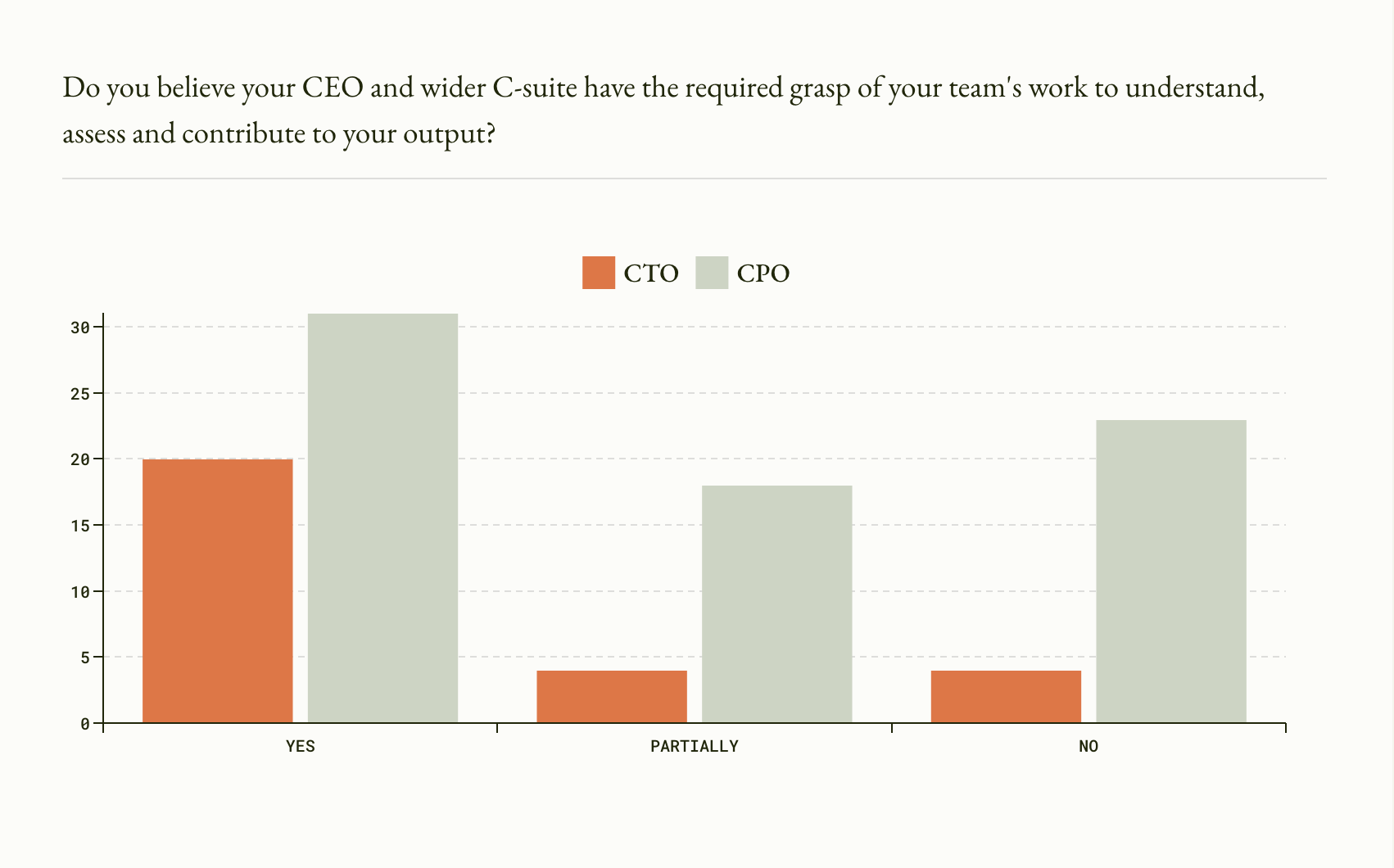Matt started his presentation with the story of a large enterprise he worked with a few years ago, which “did product really well”. “They put together a team of phenomenal user researchers who went out and talked to customers,” he said. The researchers found five areas of the product which, with minor interventions, would deliver the impact the business was looking for. But none of the product teams wanted to take this work on, and Matt couldn’t understand why.
Finally he spoke to one of the company’s product leaders. This product leader explained that he could see how this work would be the most important thing to work on, but it just didn't fall within any product teams’ responsibilities. He said that product managers were already exhausted from their responsibilities changing in the last reorganisation and they couldn’t handle it. Matt was astonished. He said: “Valuing the right operating model or way of working over building the right things for the business and its users is not very grown up.” It’s an immutable truth, he says, that “if you want to develop a product team that delivers the big important business outcomes, you need to treat them like grownups”.
Grown-up vs not grown-up
Matt then contrasted the way a team is treated in a “grown-up” business with one that is not, shown below.
Not grown-up: Assuming the business is doing “super duper great”.
Grown-up: Being honest about the business’ health
Not grown-up: Not setting clear expectations
Grown-up: Setting clear expectations of what is expected of people and why
Not grown-up: Making everyone happy and a family
Grown-up: Making tough decisions together because we’re a business
How do we lead grown-up product teams?
Matt advised being clear, specific, and realistic about what the business needs to succeed and to survive. Everything else flows from this. If product teams do not understand what success looks like for the business, and what the business needs in order to continue to exist, they cannot do their jobs.
This keeps the team grounded in the reality of the business and the market. It means the team has no choice but to ground itself in the reality of the user to prioritise discovery, due diligence and research.
Most product teams have navigated a world that oscillates between unclear expectations and unreasonable expectations. Said Matt: “People do not like uncertainty. So they opt for the illusion of control over the acknowledgement of uncertainty.” The better way is to say the team is accountable for discovering and delivering the work that best positions the business to achieve its goals.
Tools and techniques to achieve this ability
Matt’s favourite tool here is to use survival metrics. He explained: “If we tie our goals to real world business scenarios, and say this is what we need to survive, to thrive and this is what we will do in those scenarios, it makes it harder for us to waste time doing the wrong thing the right way.” Matt thinks that the product management community is too focused on doing things the right way.
A team that only thinks about high level goals during a brief season is not a grownup team, he said, it’s a team of schoolchildren doing the bare minimum. “The reality of your business, your market and your users should inform ALL decisions you and your team make. We are trying to deliver successful business outcomes. The moment we don’t let that drive our decision making we are in the realm of children arguing over who first had the bucket in the sandbox.”
Grown-up: Prioritise the work that will be most impactful to the business and its users. Not what people really want to do.
Grown-up: Hire more people if your team needs more capacity to achieve its goals, not just because you can. Hiring people takes time.
Grown-up: Promote someone because they can have a greater impact in an elevated role. Not because they asked for it
Leadership maturity
The best way to grow a team is to grow up. Immature leaders of all stripes prioritise being liked over doing the right thing. This in turn, saidMatt, gives power to the least grown-up people in the organisation.
Toxic negativity and toxic positivity are the same thing. Both create toxic environments. Matt closed his talk with some advice on how to be a grown-up leader.
Grown-up: Tell everybody what is actually happening and directly
Grown-up: Have conflict in the open
Grown-up: Take your responsibilities as a leader seriously
He said: “People’s livelihood and sense of self-worth is in your hands. Take it seriously, do the work, be a grown up.”
Panel discussion

Matt’s talk was followed up with a panel discussion on developing your product team. On the panel were Funmi Alassan, Chief Product Officer at Togetherall, Mirela Mus, Founder & CPO at Product People, Vivienne Sung, product advisor and coach. The moderator was Jason Knight of One Knight Consulting.
The main points of the discussion are shown below:-
– All teams are some way towards being grown up.
– Observe how things work when building and inheriting teams.
– Look for the right kind of fit in the environment.
– Different organisations have different needs but that doesn’t mean to throw everything out of the window. Set clear expectations as soon as possible.
Actionable insights
- Learn to love discomfort. Learn to work in discomfort with your team
- Look at what makes people leave. If you don’t have this, you don’t know how to grow teams.
- Be clear about what is expected of a team, how they are evaluated, and offer an opportunity to thrive
- Ask, is that your best work? It’s a great prompt to have a conversation on coaching and evaluation.
- Be supportive, but be realistic. Show respect by giving them a path.
- Be self aware and read the room. Time your feedback properly and play with that.
- Stay calm. Let your team know that they’re safe.







